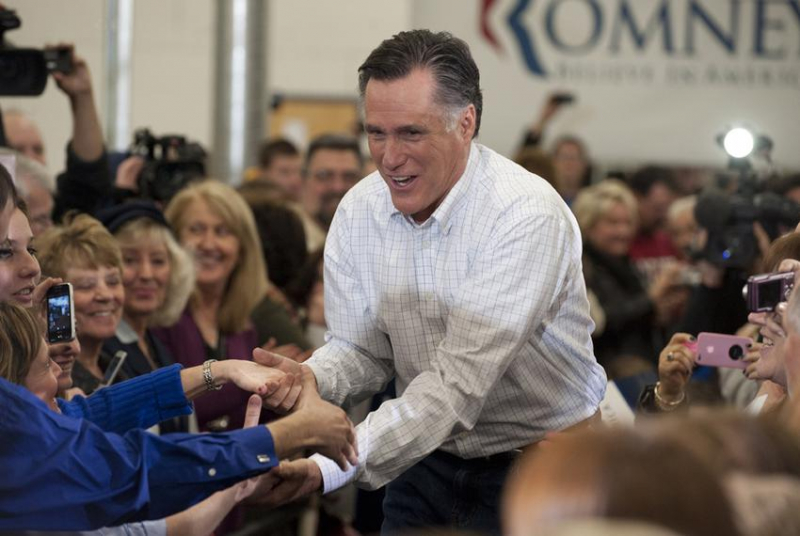Romney was Governor of Massachusetts from 2003 to 2007
On January 2, 2003, Mitt Romney and Lieutenant Governor Kerry Healey were sworn in as the state's 70th governor and lieutenant governor, respectively. On January 4, 2007, Romney's tenure came to an end, and he decided not to seek reelection. Mitt Romney won a university bursary program for disadvantaged students and practically universal health coverage for Massachusetts citizens while serving as governor of that state. His fiscally conservative initiatives, which resulted in a $3 billion deficit reduction, were what made the state's budget problems disappear. Romney also had conservative views in other areas, such as his opposition to homosexual marriage. He attempted unsuccessfully to have same-sex marriage on the ballot in 2003 after the Massachusetts Supreme Court recognized its constitutionality.
The same Bible that his father George Romney had used at his swearing-in as governor of Michigan was used for Romney's swearing-in as governor. He avoided discussing particular policies in his 15-minute inaugural address to the Massachusetts House of Representatives, but stated that he wanted to create a "lighter, more nimble bureaucracy." The three days of general inauguration celebrations focused on topics related to everyday people. When he took office, Romney had to deal with a state legislature where Democrats owned 85% of the seats. In fact, during the 2002 state elections, the Republican Party of the state did not file a candidate for 62 percent of the seats.
Romney aimed to establish himself as the state's first "CEO governor" from the beginning. Democrat Robert Pozen, a former vice chairman of Fidelity Investments, and Republican Douglas Foy, a former president of the Conservation Law Foundation, were among his picks for the executive cabinet. They were chosen more for their administrative skills than for their partisanship, along with the other cabinet members and advisors. Romney granted them extensive control over the new "super-secretariats" he created. For the duration of their administrations, Romney and Healey both promised to forgo receiving their official salaries.











